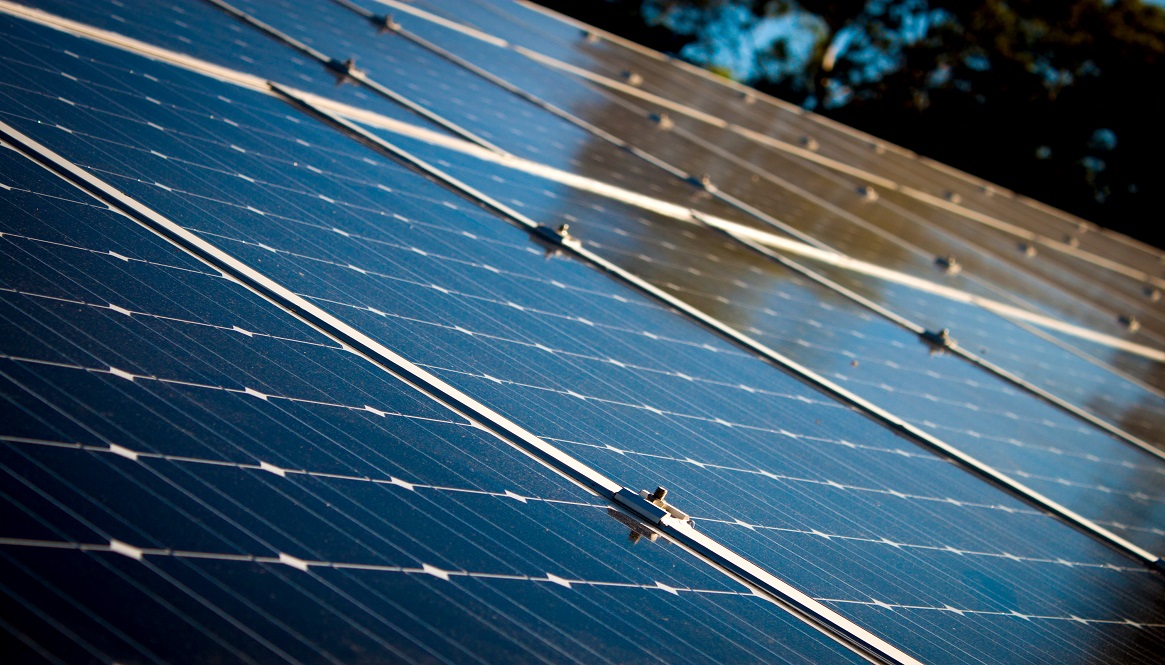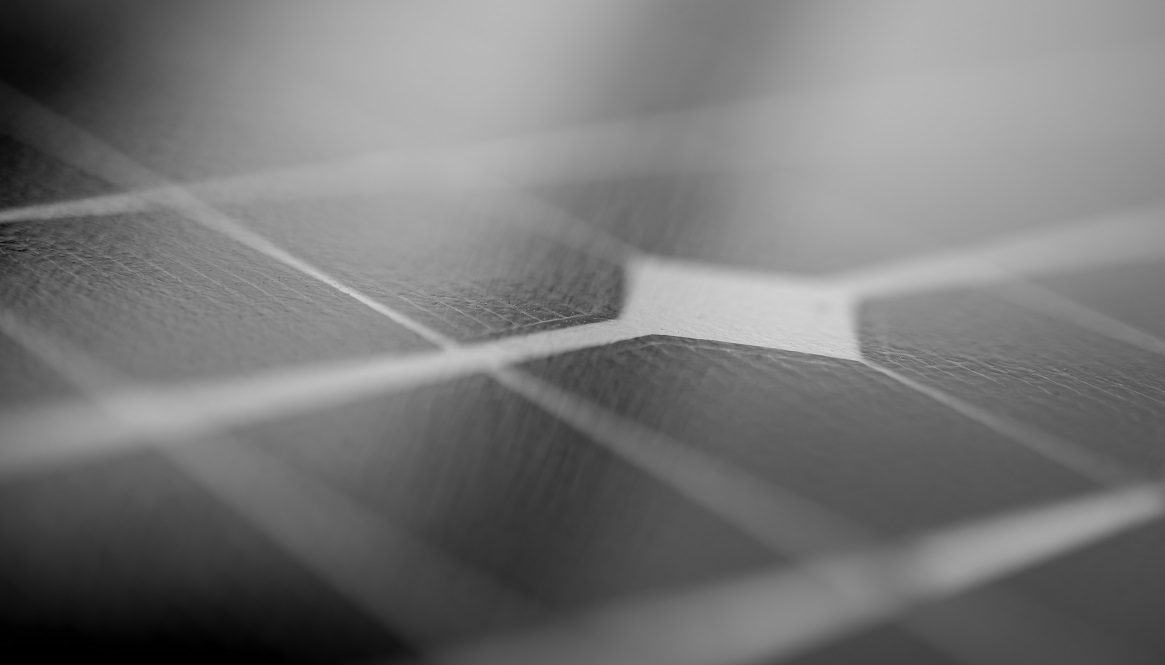“Solar power is the last energy resource that isn’t owned yet – nobody taxes the sun.”
Bonnie Raitt
ABOUT US
Hypotenuse Energy is a dynamic company committed to providing cost-effective and comprehensive turnkey solutions of solar power systems that include engineering, procurement, construction and maintenance (EPCM). We offer concept to commissioning services as well as consultation for industrial, commercial, residential and agricultural sectors. We follow stringent Engineering Standards for feasibility studies, engineering design, procurement and construction of solar power systems to give our clients efficient and effective services.
MISSION
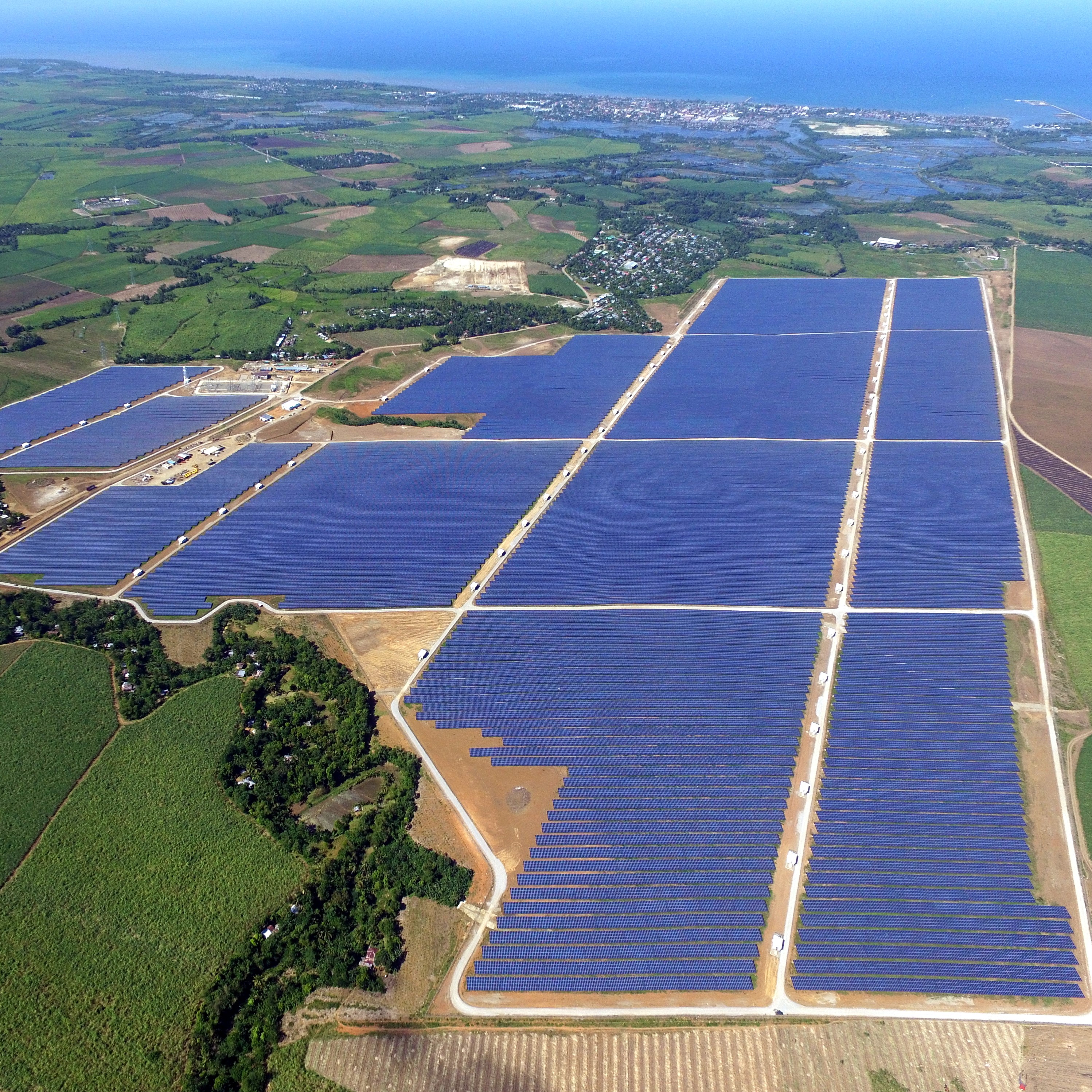
Our intent is to penetrate a range of segments to make Solar Energy a key source of electricity and contribute towards betterment of the society. We want to make solar photovoltaic systems all-pervasive and eventually reduce dependency on the conventional power grids.
VISION

Bringing about a Solar Revolution is what drives Hypotenuse Energy to consistently offer best and comprehensive services. We envisage a greener, cleaner world by making renewable energy systems omnipresent and thus, sizably reducing dependency on exhaustive natural resources.
VALUES

Customer satisfaction and quality services form the foundation of our company. We religiously follow engineering practices for our projects to continuously improve our services. With technical knowledge and innovative approach, we persevere to serve our clients better.
“The roof of my house is covered in solar panels. When I’m home, I’m pretty green fellow.”
Bill McKibben
SERVICES
At Hypotenuse Energy, we offer specific as well as customized services in sectors such as residential, commercial, industrial and agricultural. It includes consultation, design, construction, project management as well as prompt after sales services and maintenance of solar power system.
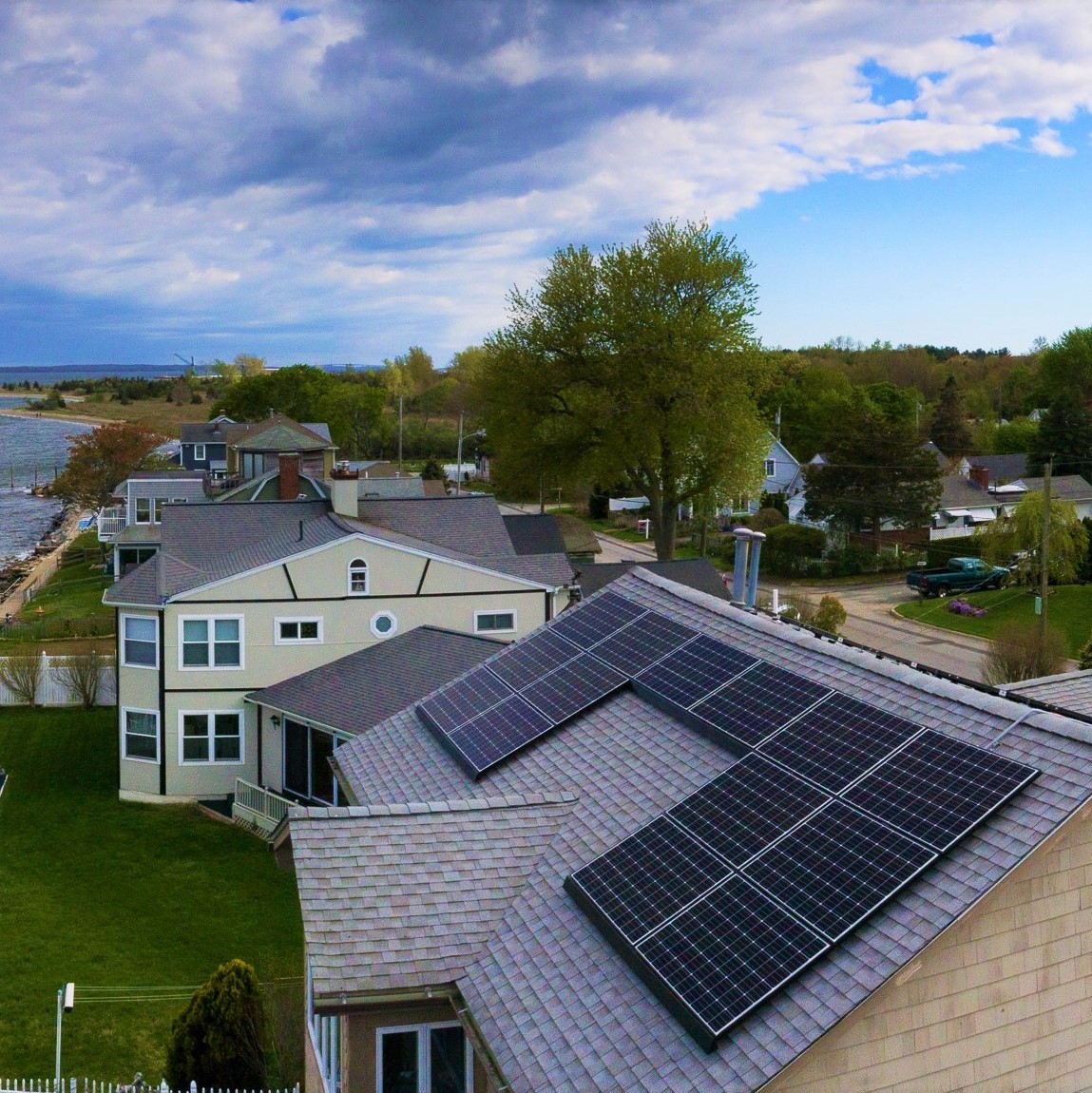
Residential Rooftop Solution
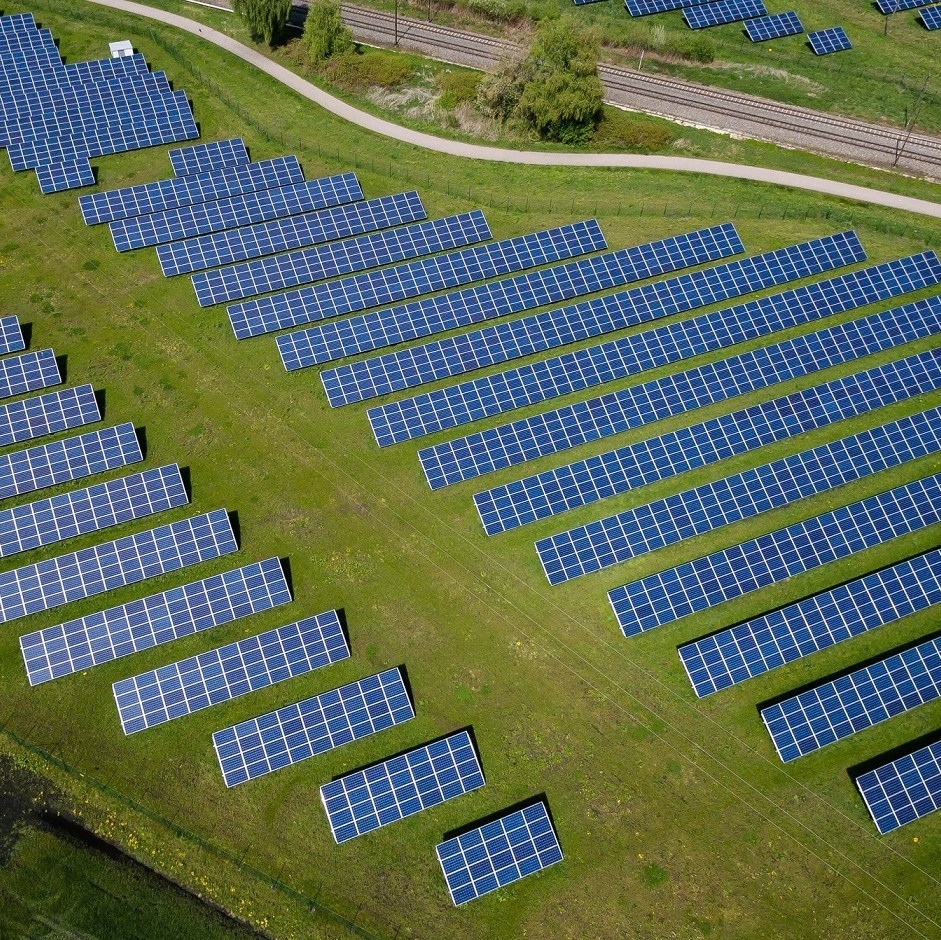
Utility Scale Solution
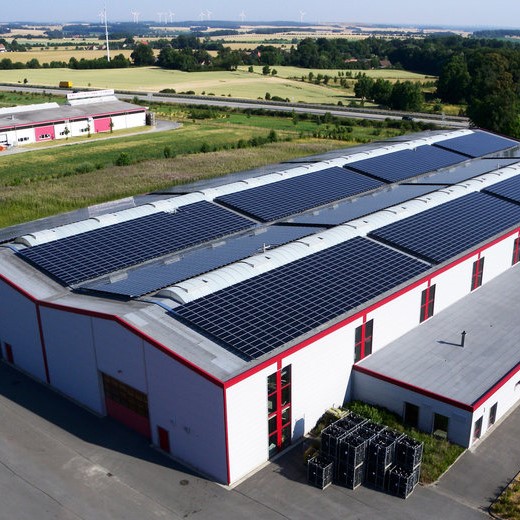
Industrial Rooftop Solution
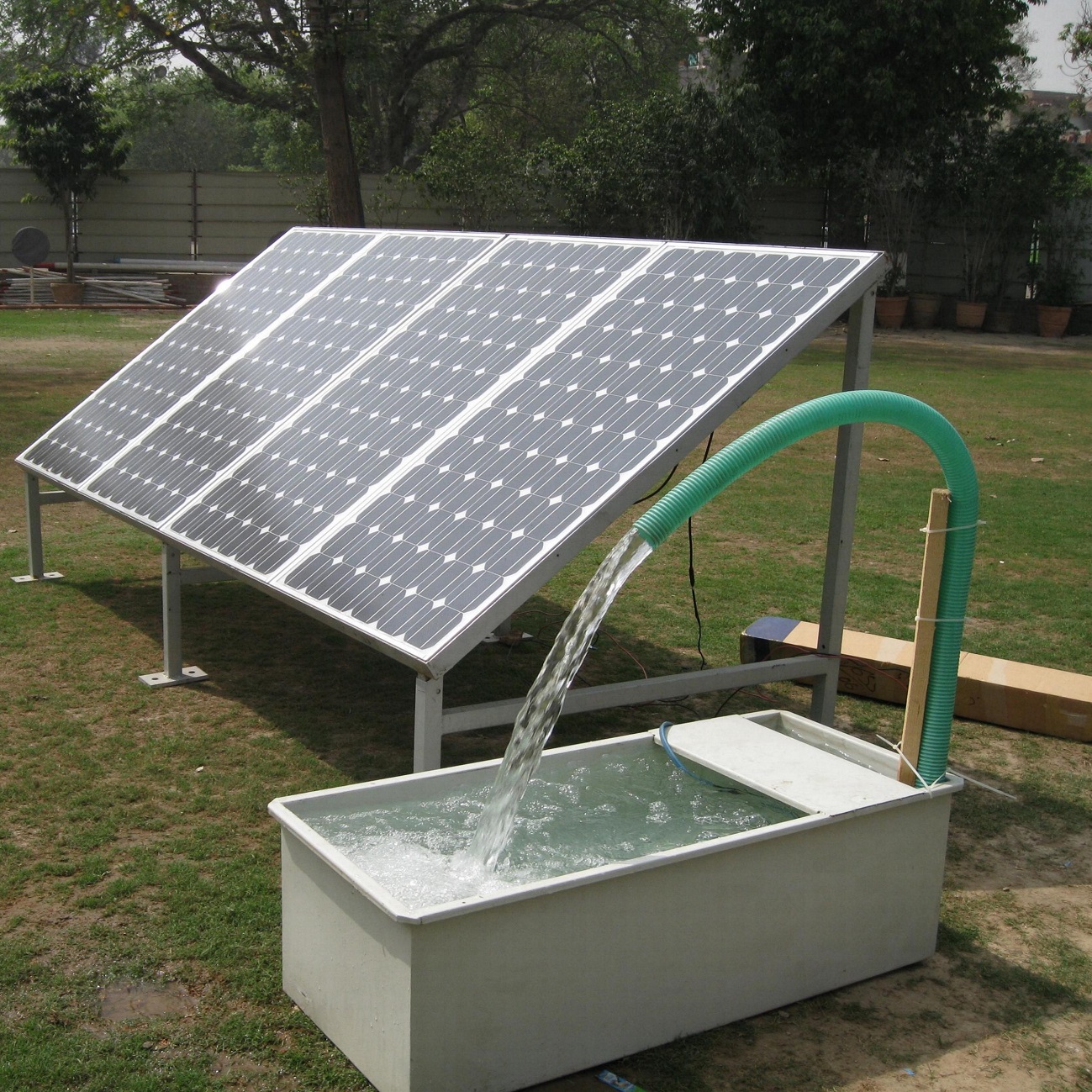
Solar Pumping Solution
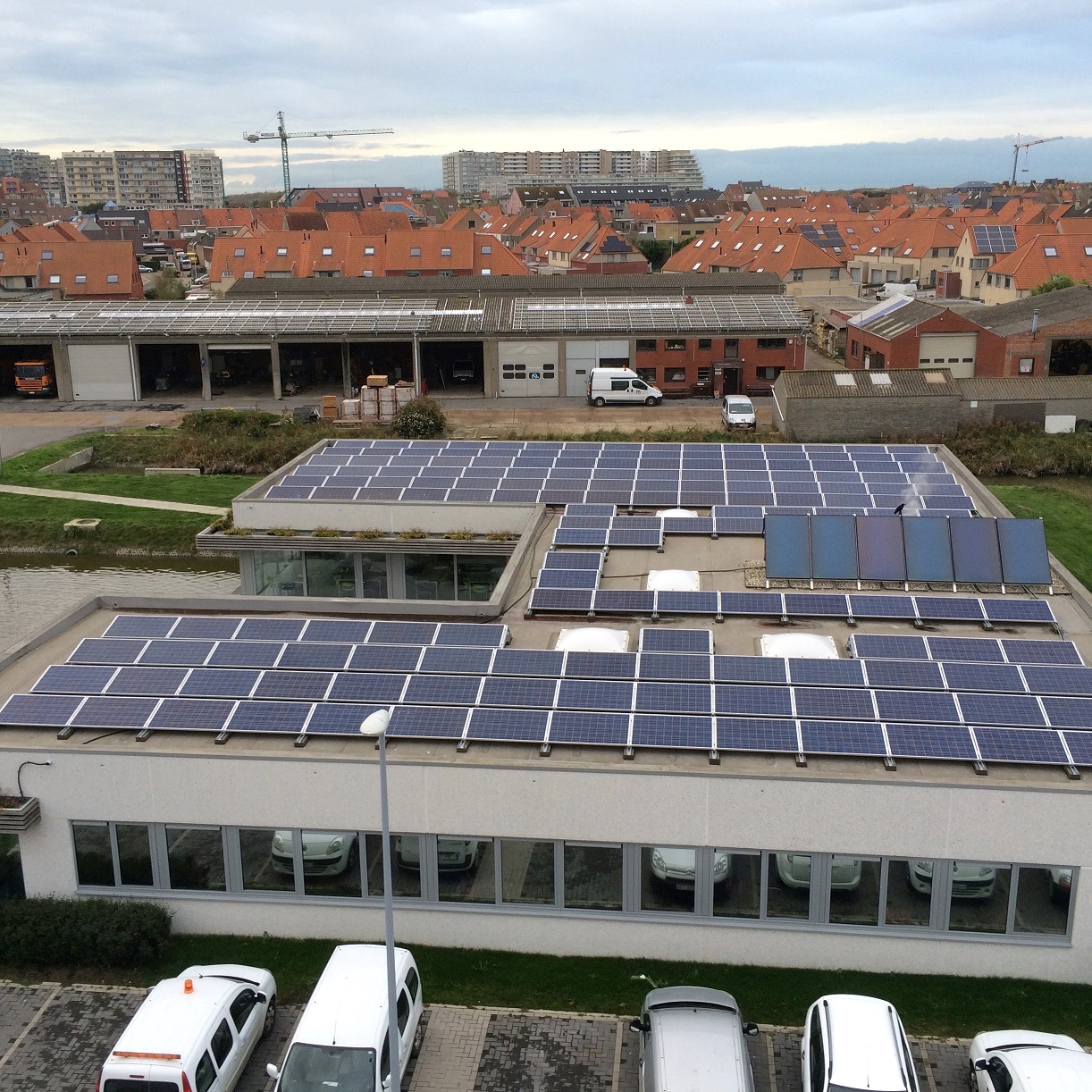
Commercial Rooftop Solution
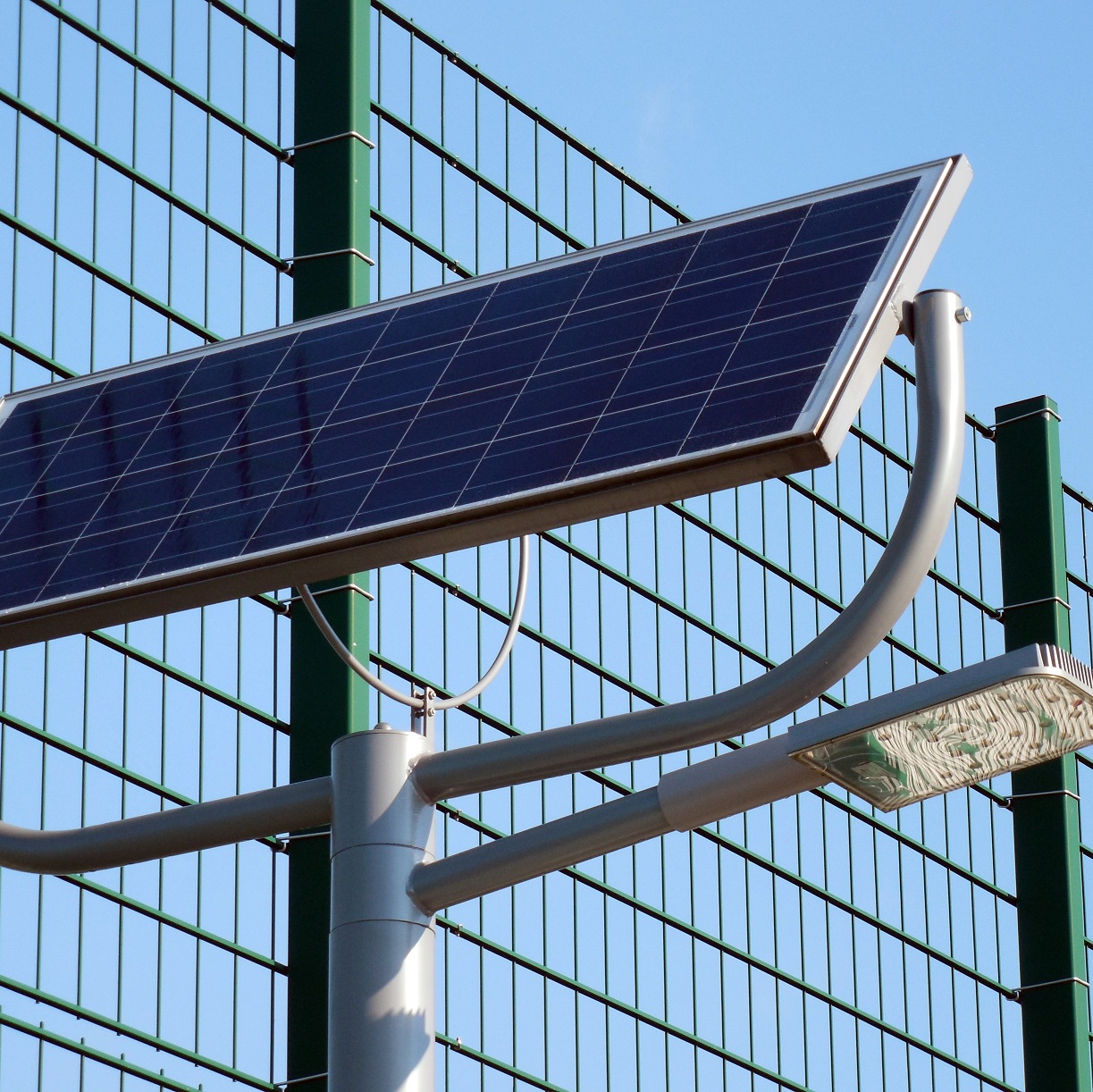
Solar Lighting Solution
“All energy is ultimately derived for the sun and harvesting it directly through solar power seems to be the best way to transition to renewable energy.”
Peter Rive
FREQUENTLY ASKED QUESTIONS
-
Solar PV module – made of many photovoltaic cells – works based on sun’s irradiation. Sunlight on solar panel can create the flow of electrons in these photovoltaic cells which is commonly known as current. This is how an electricity is generated by solar module.
-
Solar rooftop system mainly comprises various components such as Solar panels, Module mounting structure, Inverter, AC junction box, DC junction box, AC cable, DC cable and batteries (optional).
-
Typically, a 1 kW solar rooftop system requires about 10 square meter (110 square feet) shadow free area. It is a must have requirement for better efficiency of solar rooftop system. Thoughtful arrangement of solar panels is required if the area is not shadow free.
-
Typically, a 1 KW solar rooftop system can generate about 3 to 5 units a day depending on sunlight’s avilability and geographical location of the solar system.
-
It is a system that allows customers to only pay for the electricity which is used beyond what solar panels have generated. Electricity generated from solar rooftop system is consumed by the loads at consumer’s facility first. If the load requirement is higher than the electricity generation, the units shall be imported from grid. If the load requirement is lesser than electricity generation, the units shall be exported to grid. This export and import is measured by a bidirectional meter.
-
Solar rooftop system needs a reference voltage to for a continuous operation. The reference voltage can be obtained from grid, batteries or DG set. Solar rooftop system will not operate in case of unavailability of all three reference voltage sources. Using batteries or DG set to provide a reference voltage continuously in an addition to grid, we can achieve the uninterrupted electricity supply for our critical loads.
-
The limitations for optimal efficiency of solar panels are:
– Solar system can only generate electricity in day time.
– The efficiency of the solar rooftop system depends on the movement of sun and clouds, dust particles residing on solar panels.
– The Solar system needs a reference voltage all the time with at least one of the three – grid, DG set and batteries.
-
According to Ministry of New and Renewable Energy the average benchmark cost for solar rooftop system from 1 KW to 500 KW ranges between 60 Rs to 53 Rs (for financial year 2018-2019). MNRE revises the benchmark costs every year in order to attract more consumers to go solar. Fell free to call us or contact us for further information. Our team will provide the details and quotation.
-
Central government provides financial assistance of 30% of the system cost to residential and agricultural consumers in major states. In north eastern states, the subsidy provision is 70% of the system cost. You can visit www.mnre.gov.in for more details about subsidy against various consumer profiles.
-
Subsidy can only be availed by certain profiles such as residential consumers, agricultural consumers, schools, institutions etc. You can avail the benefits of claiming accelerated depreciation if you have an industry, factory shed or a commercial complex. In certain cases, availing AD is more beneficial than subsidies.
-
Solar rooftop system does not requires any maintenance except for periodical cleaning of solar panels due to dust on the surface of the panels. Our quotations includes regular maintenance of your solar rooftop systems. Feel free to contact us for more details.
-
We procure the materials form very well reputed manufactures only. Hence, anything we buy will have certifications against weather conditions. Moreover the solar rooftop system installation carried out by our highly experience team ensures you safe operation in bad weather conditions.
-
Typically, 1 kW of solar rooftop system can reduce a carbon emission of up to 1 tonne to 1.4 tonnes of Carbon Dioxide per year depending on the geographical location where the system is installed.
-
Unlike the fossil fuels, solar rooftop systems generate electricity with no air or carbon pollution, no ash or other waste products, and no inputs other than sunlight. Hence, the solar rooftop systems are one of the safest options in terms of energy generation.


